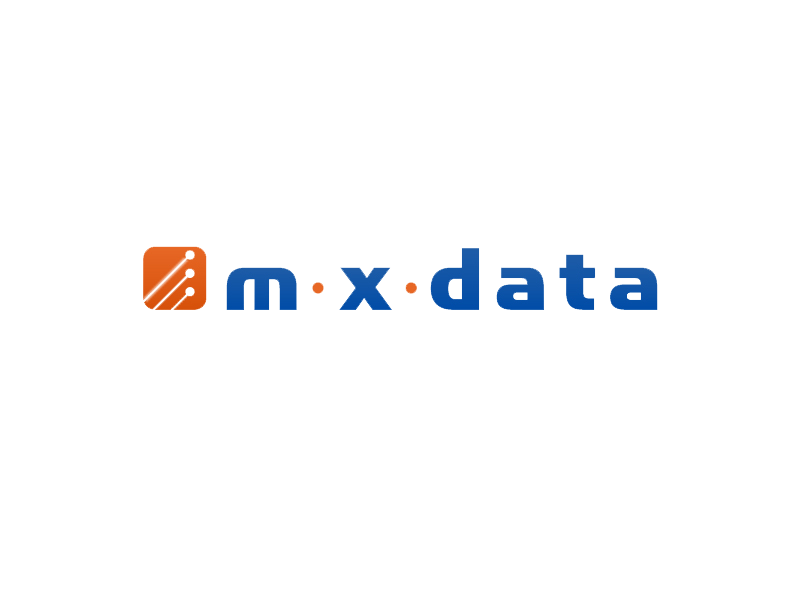Menu
- Retail Services & Consulting
- POS Solutions
- Integrations
- Retail Solutions
- ShipMX
- POS Hardware
- Inventory Management
- Mobile POS
- Retail Pro Decisions
- Retail Pro Reports
- Bulk Import Tool
- Customer Loyalty
- Digital Payments
- Gift Cards
- In-App Shopping Experience
- Prism Inventory Image Loader
- Kiosk Functionality
- Physical Inventory
- Rounding up for Donations
- SMS Marketing
- Tax Compliance
- Resources
- Company




